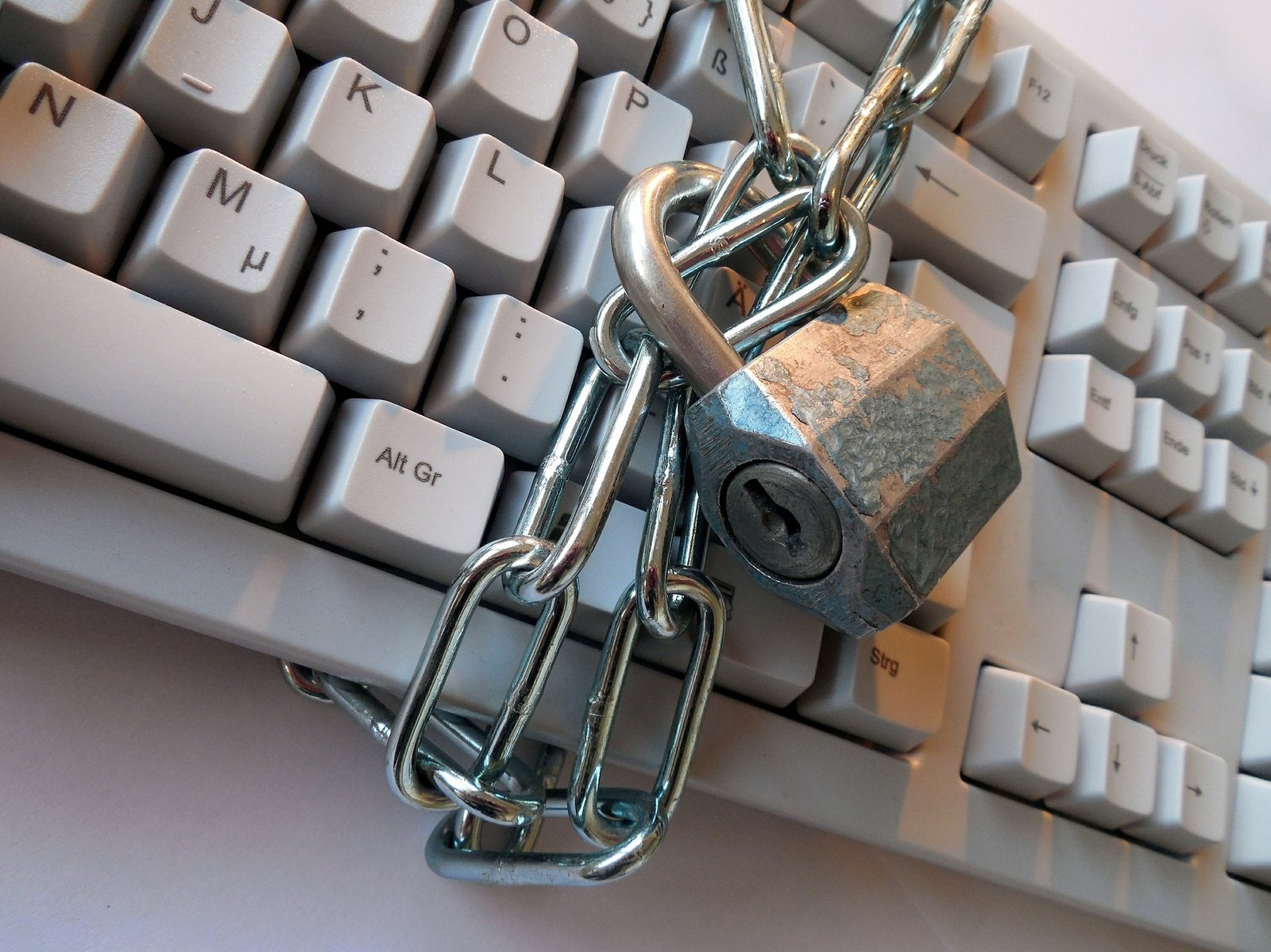
Laws and Statutes
OFFICIAL CODE OF GEORGIA ANNOTATED
TITLE 16-Crimes and Offenses (Chs. 1 – 17)
CHAPTER 9-Forgery and Fraudulent Practices (Arts. 1 – 9)
Article 6-Computer Systems Protection (Pts. 1-4)
Part 1-Computer Crimes (§§16-9-90 to 16-9-94)
§16-9-93. Computer Crimes defined; exclusivity of article; civil remedies; criminal penalties.
(a) Computer theft. Any person who uses a computer or computer network with knowledge that such use is without authority and with the intention of:
(1) Taking or appropriating any property of another, whether or not with the intention of depriving the owner of possession;
(2) Obtaining property by any deceitful means or artful practice; or
(3) Converting property to such person’s use in violation of an agreement or other known legal obligation to make a specified application or disposition of such property
shall be guilty of the crime of computer theft.
(b) Computer Trespass. Any person who uses a computer or computer network with knowledge that such use is without authority and with the intention of:
(1) Deleting or in any way removing, either temporarily or permanently, any computer program or data from a computer or computer network;
(2) Obstructing, interrupting, or in any way interfering with the use of a computer program or data; or
(3) Altering, damaging, or in any way causing the malfunction of a computer, computer network, or computer program, regardless of how long the alteration, damage, or malfunction persists shall be guilty of the crime of computer trespass.
(c) Computer Invasion of Privacy. Any person who uses a computer or computer network with the intention of examining any employment, medical, salary, credit, or any other financial or personal data relating to any other person with knowledge that such examination is without authority shall be guilty of the crime of computer invasion of privacy.
(d) Computer Forgery. Any person who creates, alters, or deletes any data contained in any computer or computer network, who, if such person had created, altered, or deleted a tangible document or instrument would have committed forgery under Article 1 of this chapter, shall be guilty of the crime of computer forgery. The absence of a tangible writing directly created or altered by the offender shall not be a defense to the crime of computer forgery if a creation, alteration, or deletion of data was involved in lieu of a tangible document or instrument.
(e) Computer Password Disclosure. Any person who discloses a number, code, password, or other means of access to a computer or computer network knowing that such disclosure is without authority and which results in damages (including the fair market value of any services used and victim expenditure) to the owner of the computer or computer network in excess of $500.00 shall be guilty of the crime of computer password disclosure.
(f) Article not exclusive. The provisions of this article shall not be construed to preclude the applicability of any other law which presently applies or may in the future apply to any transaction or course of conduct which violates this article.[
(g) Civil Relief; Damages.
(1) Any person whose property or person is injured by reason of a violation of any provision of this article may sue therefor and recover for any damages sustained and the costs of suit. Without limiting the generality of the term, “damages” shall include loss of profits and victim expenditure.
(2) At the request of any party to an action brought pursuant to this Code section, the court shall by reasonable means conduct all legal proceedings in such a way as to protect the secrecy and security of any computer, computer network, data, or computer program involved in order to prevent possible recurrence of the same or a similar act by another person and to protect any trade secrets of any party.
(3) The provisions of this article shall not be construed to limit any person’s right to pursue any additional civil remedy otherwise allowed by law.
(4) A civil action under this Code section must be brought within four years after the violation is discovered or by exercise of reasonable diligence should have been discovered. For purposes of this article, a continuing violation of any one subsection of this Code section by any person constitutes a single violation by such person.
(h) Criminal Penalties.
(1) Any person convicted of the crime of computer theft, computer trespass, computer invasion of privacy, or computer forgery shall be fined not more than $50,000.00 or imprisoned not more than 15 years, or both.
(2) Any person convicted of computer password disclosure shall be fined not more than$5,000.00 or incarcerated for a period not to exceed one year, or both.
Annotations
If writing purports to have legal efficacy it may be the subject of forgery.
- Chambers v. State, 22 Ga. App. 748, 97 S.E. 256, 1918 Ga. App. LEXIS 735 (1918)(decided under former Penal Code 1910, § 231).
Evidence sufficient to convict. —
Where an employee had the knowledge of the computer system and the access code for the payroll system that gave the employee the opportunity for committing the crime, and the checks were not received by the payees and reflected on their faces that they were cashed, the jury’s conclusion that defendant had accessed the system was supportable as a matter of law. Gordon v. State, 206 Ga. App. 450, 425 S.E.2d 906,1992 Ga. App. LEXIS 1672 (1992).
Testimony showing that defendant used a computer owned by the company with the intention of deleting or removing data from that computer was sufficient evidence to allow a reasonable trier of fact to find that a computer trespass had occurred. Fugarino v. State, 243 Ga. App. 268, 531 S.E.2d 187, 2000 Ga. App. LEXIS 336 (2000).
Defendant was properly convicted of computer theft under O.C.G.A. §16-9-93 because the defendant copied homeowner association data from the computer of the defendant’s employer without authority under O.C.G.A. § 16-9-92(18), and the defendant had the intent of appropriating that information for the defendant’s own use in the defendant’s new business. DuCom v. State, 288 Ga. App. 555, 654 S.E.2d 670, 2007 Ga. App. LEXIS1245 (2007), cert. denied, No. S08C0598, 2008 Ga. LEXIS 383 (Ga. Apr. 21, 2008).
[End]
DemocracyWARS.com is THE HOME for the 100 Million+ ‘homeless’, Centrist, Independent, Non-aligned, Unaffiliated, Center-Right, Center-Left, and Swing voters suppressed for decades by the extreme right and left of our polarized two-party political system.
It is a centrist-partisan educational and advocacy project for the 100M+ Centrist, Independent, Unaffiliated and Homeless voters outraged by the January 6, 2021, attempted Trump Coup, and other wrongs by the extremist Left and Right, against our government and democracy – and ourselves. We are never beholden to the extremes of the Red or Blue, but unite as Centrists in our own PURPLE PATRIOT ARMY!!
Please Support our Mission to Investigate, Educate and Advocate for the Centrist majority of voters who have been ignored and lied to for so long by the extremist LEFT AND THE RIGHT.
Join our PURPLE PATRIOT ARMY!! The DemocracyWARS Mission and Fight: Wrongs against us will be Righted. Our Rights will be Restored. The Criminals Convicted. ATTACK! ATTACK! ATTACK! Never Give Up. Never surrender to the political criminals again. The 2022 midterm PURPLE POWER election success was just the first skirmish in the long battle to 2024 ahead. Please join our Purple Patriot Army and Support Our Mission!!






